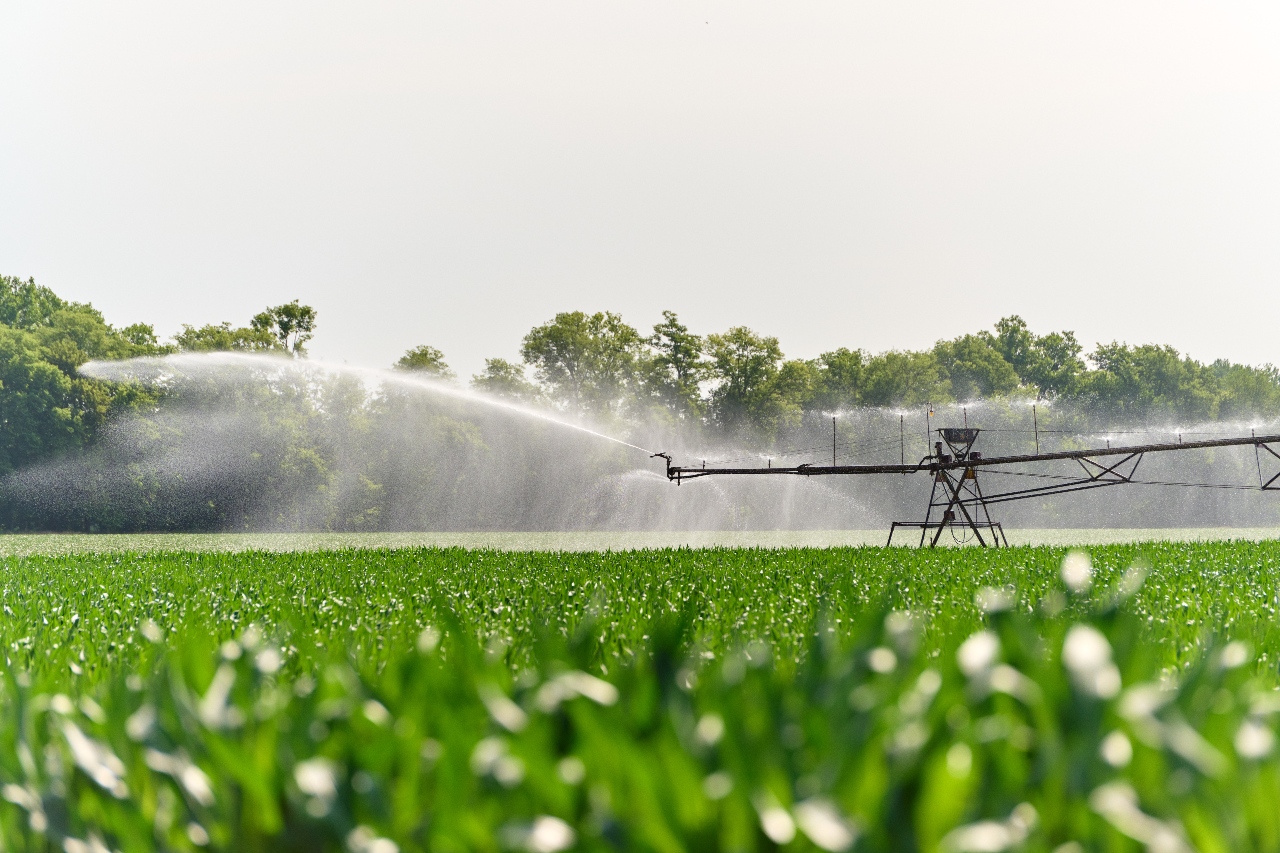Last week OCI Global was a proud sponsor of the Argus Fertilizer Europe conference in Lisbon, where our team participated in several panels discussing the key topics that impact the nitrogen fertilizer industry and enjoyed insightful discussions with leaders and experts across the fertilizer value chain. Some of our key takeaways from the event:
Sustainable agriculture is high on the agenda:
- The priority across the sector is to reduce Scope 1 and 2 GHG emissions – which OCI Global is doing through decarbonization of its production facilities. But Scope 3 emissions are also coming under increased scrutiny. There’s growing recognition that the whole value chain needs to get behind decarbonization and legislation should be in line with this. To drive and accelerate action, we need incentive schemes for farmers, alignment of different certification models, validation schemes and regulatory standards and a collaborative value chain approach across the food and beverage industries
Regenerative agriculture, circular models and more advanced fertilizers are all part of the solution
- Fertilizer products with inhibitors are essential to reduce nitrogen loss and increase Nutrient Use Efficiency (NUE), which in turn will reduce emissions. OCI is developing such products in recognition of their vital role in sustainable agriculture.
- Inhibitors are a well-known technology that can be added to all kinds of nitrogen fertilizers and are not harmful to the environment, but we need to come together as an industry to raise awareness and educate farmers about the economic and environmental benefits.
- We also need greater regulatory consistency to encourage these approaches across regions. For example, in Germany inhibitors are mandatory, but this is not consistent across the EU and not recognized at all in other continents. So, to drive production and use of these products, which can play a central role in sustainability, we need a more unified regulatory landscape.
Legislation to drive more sustainable fertilizers is coming…but must include financial mechanisms
- In Europe, the introduction of the Carbon Border Adjustment Mechanism (CBAM) and Emissions Trading System (ETS) will lead to an increased appetite for lower carbon fertilizers and the use of inhibitors, but the road ahead will not be an easy one.
- Economic incentives that support the transition to lower carbon fertilizers would accelerate change and support first movers from both the production side, like OCI, and our many customers who are already keen to switch to lower carbon solutions.
- Lately ETS-3 for farmers has been discussed, which could be helpful solution to increase the incentive for both farmers and food companies to use lower carbon fertilizers and NUE fertilizers.
The ammonia industry is entering area with new markets segments taking the lead
- Today around 80% of ammonia production is used for fertilizers and 20% in industry. That landscape is changing with ammonia now being recognized as having potential as a low or zero carbon fuel and energy solution. It is estimated that by 2035, the demand for low carbon ammonia will be around 40 million metric tons per year, compared with 0.2 million metric tons per year in 2023. But only 20% of this is expected to come from the existing markets of agriculture and industry. Most of the low carbon demand will be from the energy/H2 sectors (65%), with the remainder from the fuel market.
- This presents both opportunities and challenges for the fertilizer industry. Because decarbonization of ammonia production will require extensive capital expenditures, the opportunity to create new markets for blue and green ammonia will be an incentive for investment. However, we need to ensure that the fertilizer industry is not left behind and that we start to move towards decarbonization now to capitalize on the opportunity.
Find out more about how OCI Global is developing products and solutions to support our customers on their sustainable agriculture journey here.

